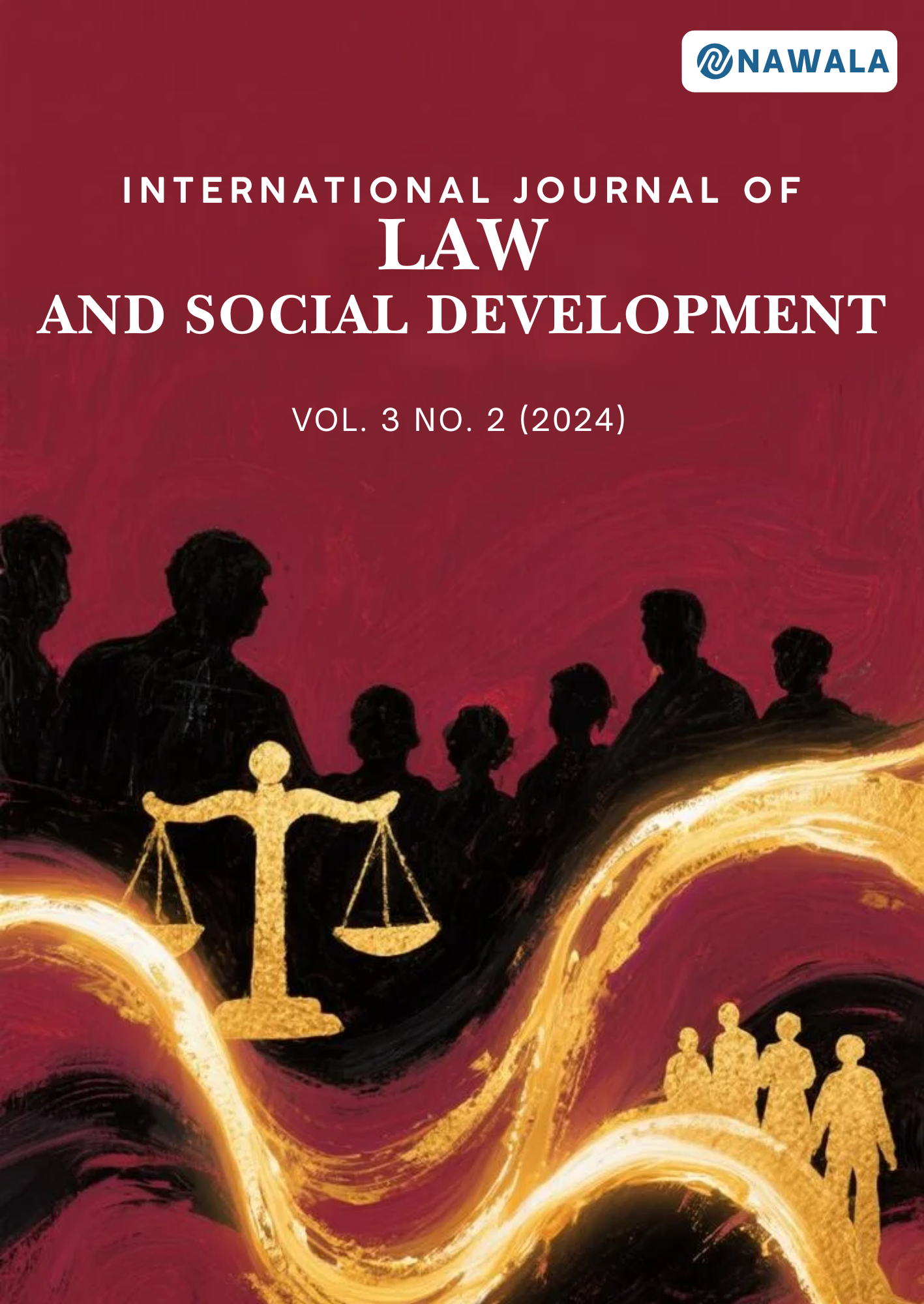Implementation of the Principles of Fast, Simple, and Low-Cost Justice During the New Normal Adaptation Period
Keywords:
Indonesian Legal System, Legal Pluralism, Legal Technology, Policy Innovation, Public ParticipationAbstract
The principles of fast, simple, and low-cost justice represent fundamental values that ensure the realization of effective and efficient access to justice for all community members. The period of adaptation to new habits, which emerged as a transitional phase following restrictions on physical interactions, has driven substantial transformations in judicial procedures. These include the accelerated adoption of information technology, the introduction of electronic court systems, online hearings, and various innovations in legal service delivery. This study employs a literature review method, drawing on scholarly works published last five years, to examine how these principles are implemented in the current judicial context. The findings reveal that while significant progress has been made, multiple challenges persist, including technological infrastructure gaps, limited human resource competencies, and varying levels of digital literacy among users. At the same time, the transition opens strategic opportunities to enhance procedural efficiency. Technology integration, adaptive regulations, and inter-agency synergy emerge as crucial strategies to sustain modernization within the justice system.





